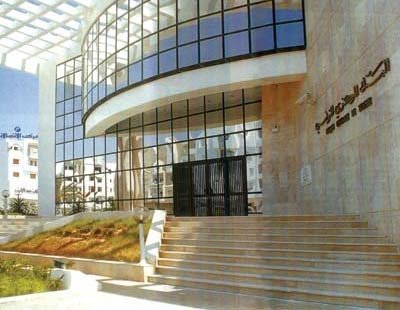Governor of the Central Bank of Tunisia (BCT) Marouan
The BCT Governor said foreign currency reserves’ cover had fallen to 84 days of imports due to lower phosphate production and a large energy sector deficit.
The dinar hit a record low earlier this month against the euro as a worsening trade deficit and lower overseas remittances eroded reserves. It was at 3.53 against the euro and 3.11 against the dollar on Monday, according to traders.
The dinar fell about 13 % versus the euro and 8.6 against the dollar in 2018. Tunisia’s trade deficit widened in December 2018 to a record 19 billion dinars.
“Today, we have a huge energy deficit of up to five billion dinars and production fall in vital sectors such as phosphates, in addition to a decline in tourism revenues by half compared to 2010, for example,”
“What do we have to do? If we defend the dinar, the stock of the currency will fall further”, he added.
“Because of the upward pace of inflation over the 2015/2016 period, we found ourselves in a negative zone,”
The governor of the BCT also pointed to the close link between inflation and consumption of imported products, adding that “exporting countries are the beneficiaries and not Tunisia, hence the need to control the consumption of these imported products.”
TunisianMonitorOnline




